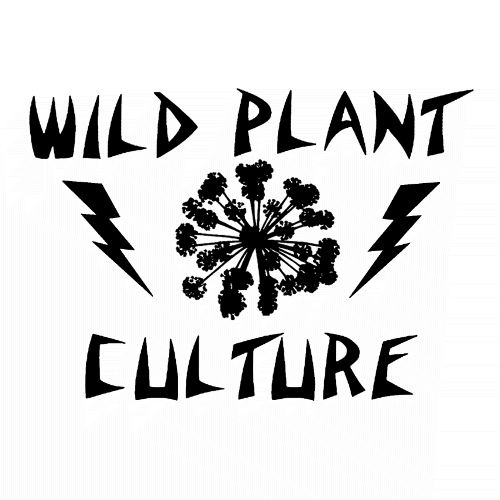Eat Local (and Native)

Can we extend the idea of eating locally to include eating locally native plant species?
There's a significant movement underway to consume locally produced goods. This is especially true of food. The movement to "eat local" supports local farmers and foodways and helps to disengage from the problems of mass transportation of food.
A great opportunity lies in the consumption of bioregional foods. These are native flora and fauna adapted to the particular place we inhabit. These indigenous foods are knit into the ecology of a place, supporting the vitality of the soil, water, and wild plant and wildlife communities, as well as human needs. These foods support our local ecology in a way that typical farm vegetables and row crops never can.
To truly eat locally is to eat the indigenous diet of a place. Imagine the following spring or summer meal. Our freshly caught trout* is lightly smoked in hickory as it is cooked on an outdoor fire, and sprinkled with bee balm and sea salt. As sides, we sauté milkweed shoots in maple syrup, and fry up some groundnut tubers until they are crispy on the outside and soft and starchy on the inside. For a piquant touch in spring, we'll sizzle some morels with wild leek leaves in a skillet until the leaves puff up like fresh tortillas and the mushrooms are browned at the edges.
This is a truly high-end gourmet meal, ranking well in both flavor and nutrition. It epitomizes the indigenous culinary possibilities of our area, using all-native ingredients to create a meal that is so much more than "survival" food.
As much as I'd like to say we can all go out and forage this meal (and we probably should at least once), there may just be too many humans in our area for this to be sustainable. So, should we give up and eat hydrolyzed soy protein with corn syrup instead?
I believe we have another option, one of benefit to ourselves and to the wild world. We can restore the degraded habitats that humans created, stock them with indigenous food plants (and thus, teeming wildlife), and create a truly local food system. One that's not based on monocultures of domesticated annual plants from every continent, but from a bioregional palette of deeply delicious, nourishing, and ecologically restorative species.
[Photo from a meal I prepared together with David Alexander from Nature Into Action.]
*probably a stocked trout these days, but once upon a time…
